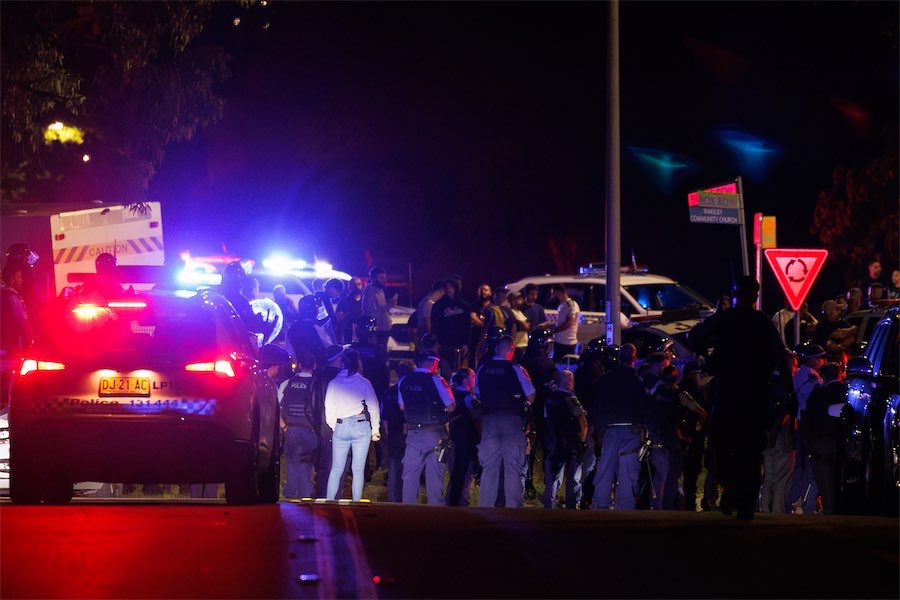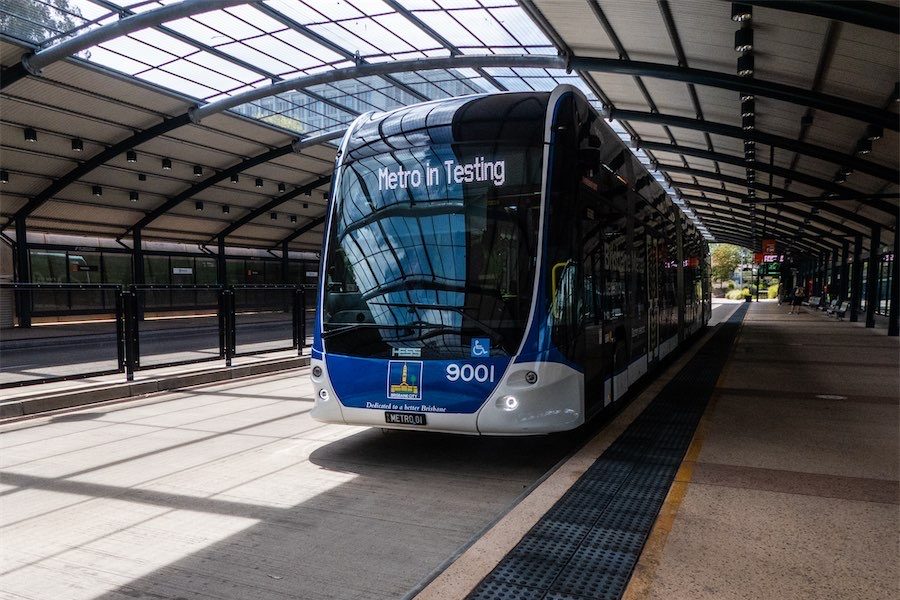WAR imagery is well suited to democratic elections. A year out from the ACT election and approximately the same for the federal election the parties are already strategising for the attention of the voters.

Some campaigns are based on policies designed to deliver a better society – however, that might be defined by different political perspectives. There will also be strategies that are designed to distract when the opposite side is gaining traction.
A third set of campaign strategies comes from influential players who try to embed their ideas into the strategies of one or more political parties. However, single-election strategies are often complicated by unexpected consequences.
Opposition to light rail for Canberra has been adopted as a major tactic of the ACT Liberals. This ploy did suffer a major blow when the light rail project received support from the then Prime Minister, Tony Abbott, with a $60 million boost as part of a deliberate and public support for this infrastructure. The Federal government strategy was for building new infrastructure by selling off older territory assets. The ACT government committed to sell off $400 million of its assets to win the Federal government support.
The older assets included public housing such as Currong and Bega Flats in Braddon and Reid, which were already in the pipeline at the time of the Abbott announcement. Other public housing that has been suggested include Stuart Flats and Strathgordon Court. The positive support that Labor received on infrastructure from the recently deposed Prime Minister has now been countered by the election strategy of ACTCOSS and ACT Shelter.
In a joint press release the groups identified their goal as “ensuring Canberra’s 270,000 voters were urged to make housing and homelessness key issues in deciding the poll”.
ACTCOSS director Susan Helyar wrote: “Most of us know there simply isn’t enough housing within reach of ordinary Canberrans… or are concerned about the limited housing choices many people face.”
ACTCOSS and Shelter have launched early. The campaign, launched as “#MakeMyVoteForHousing” will operate through “online campaigning and initiating grassroots discussions with their local candidates”.
Many other groups will be lining up to ensure that their issue is on the agenda. One example on the opposite end of the political spectrum is the successful push by the development lobby to undermine the ACT’s leasehold system.
The Liberals have bought the development lobby line and have adopted a policy that effectively turns our leasehold system into freehold for developers, starting with a moratorium on lease variation charges for the first four-year term.
I was critical of Labor in a column in February for allowing the University of Canberra to develop a large section of land without paying to the government the increase in value for the land.
As land provided to the community for tertiary teaching purposes it has a very low value. When used as commercial or residential land it has a much greater value. This additional value, or lease variation charge, belongs with the community not with the developer… even if it is a worthwhile institution.
How much more ludicrous is it to hand this sort of money to developers just because they have an influential voice within the Liberal Party? The announcement by Opposition Leader Jeremy Hanson that he will scrap the lease variation charge for the town centres is a sop to the developers who know that light rail will enhance development opportunities along its full length – as it has done when introduced across the world.
A “Canberra Times” editorial has already panned the idea that removing the lease variation charge to “stimulate broad economic growth” simply “insults taxpayers’ intelligence”.
Light rail might seem to be a great way to frame an election. However, past experience indicates that the vast majority of Canberrans will take a much more sophisticated approach in determining their vote.
Who can be trusted?
In a world of spin and confusion, there’s never been a more important time to support independent journalism in Canberra.
If you trust our work online and want to enforce the power of independent voices, I invite you to make a small contribution.
Every dollar of support is invested back into our journalism to help keep citynews.com.au strong and free.
Thank you,
Ian Meikle, editor





Leave a Reply